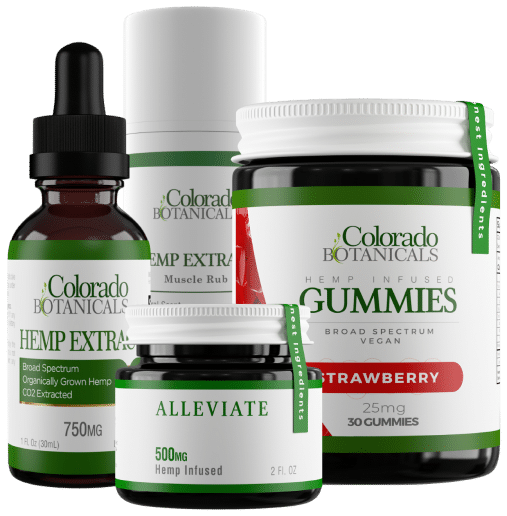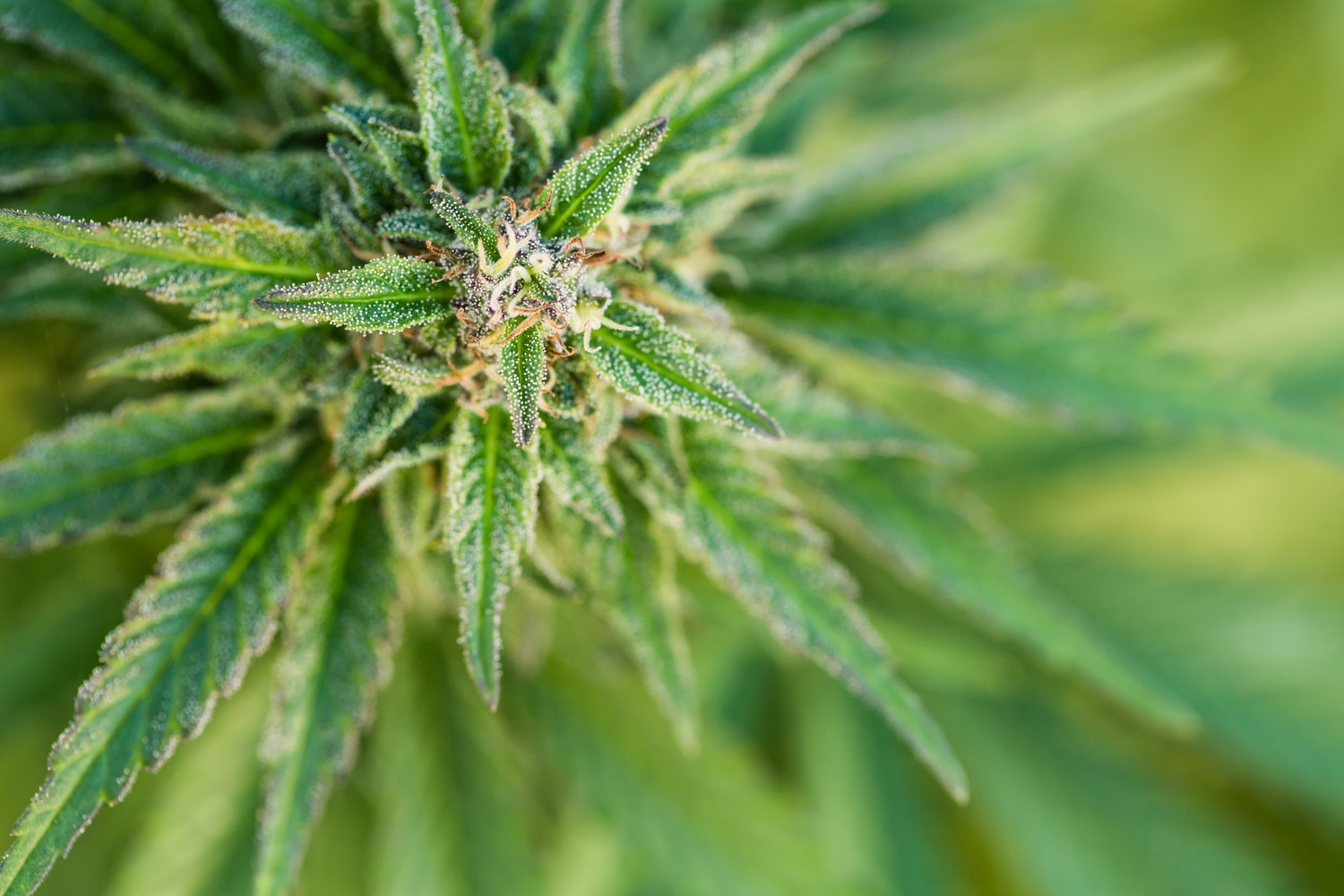IBS is an uncomfortable condition that affects around 35 million people in the United States. Since many conventional treatments for IBS cause significant side effects, people who suffer from the symptoms of IBS are on the hunt for alternative treatments. In this guide, learn if CBD works for IBS, and find out the best ways to take this cannabinoid if you’re suffering from IBS symptoms.
Does CBD help IBS?
Over the last decade or so, research into CBD has accelerated at an unprecedented pace, and scientists have realized that CBD may help with a wide variety of serious conditions. While there is no definitive answer regarding whether CBD can help with IBS, a significant amount of research has been invested into this subject, and scientists continue to investigate the potential benefits of CBD when it comes to inflammatory conditions like IBS.
What’s clear is that CBD, as a derivative of the hemp plant, does not have intoxicating properties, making this cannabinoid very different from THC, which is an intoxicating and addictive substance found in the cannabis plant. Therefore, IBS patients can try CBD without worrying about intoxication or any other significant adverse effects.
What is IBS?
Irritable bowel syndrome (IBS) is an inflammatory condition that affects the colon (large intestine). The most common symptoms of irritable bowel syndrome are diarrhea and constipation, but other symptoms associated with IBS include abdominal pain, bloating, cramping, and gas. As one of the most uncomfortable conditions that can affect the digestive tract, people with IBS are constantly searching for safe, natural forms of IBS relief.
How does CBD Oil Work?
Cannabidiol (CBD) is a non-intoxicating cannabinoid that does not significantly stimulate the CB1 and CB2 receptors. These cannabinoid receptors cause the feeling of intoxication that accompanies THC use, and even though full-spectrum CBD can contain up to 0.3% THC, that’s not enough to activate your CB2 or CB1 receptors.
At the same time, CBD has a profound effect on the human endocannabinoid system, which manages a variety of essential bodily processes including digestion. Some researchers believe that endocannabinoid deficiency could be one of the primary causes of both physical and mental health conditions, suggesting that taking CBD oil could offer a wide range of beneficial effects.
What research says about CBD for IBS
As an inflammatory disease that affects the digestive system, IBS is a prime target of natural therapies that provide anti-inflammatory benefits within the digestive tract. While we cannot provide medical advice or make claims regarding the usefulness of taking CBD for any condition, we can still examine the evidence that has been accumulated regarding the use of CBD in treating IBS.
Research into CBD for Inflammation
CBD has been researched extensively for its potential antioxidant and anti-inflammatory properties. Scientists are keenly interested in determining the potential usefulness of CBD in relieving chronic inflammatory pain and the symptoms of inflammatory conditions like IBS.
Research into CBD for Gastrointestinal Conditions
Researchers have examined the potential usefulness of CBD as a natural modulator of your gut’s mucosal defense system, which plays a critical role in preventing the symptoms of IBS. Current research into the effects of CBD on the gastrointestinal (GI) tract is highly limited, but early results have been promising.
How much CBD oil should I take for IBS?
Different CBD oils contain different amounts of CBD, and each CBD ingestion method affects your body differently. If you decide to use CBD for IBS, however, you may want to start with a standard dose of 10-20 milligrams taken orally per day. In clinical studies, CBD doses as high as 1,500mg tincture which is 50mg of CBD per day have been shown to be well-tolerated in human subjects, but if you’d prefer to use CBD products as sparingly as possible, even a low dose might provide the beneficial effects you’re looking for.
How should I take CBD oil for the best results?
There are quite a few different ways you can take CBD, and some might be more effective for IBS than others:
CBD tinctures for IBS
As orally ingested CBD products, CBD tinctures deliver this cannabinoid directly into your digestive tract. Along the way, however, the CBD in your tincture will also be absorbed under your tongue, potentially limiting the amount of CBD that reaches your digestive system.
CBD capsules for IBS
CBD capsules pass down your esophagus before releasing CBD into your stomach. As a result, capsules might deliver CBD into your digestive tract more efficiently than other ingestion methods.
CBD edibles for IBS
CBD edibles are tasty and convenient, but a lot of the CBD they contain is absorbed into the lining of your mouth as you chew. IBS sufferers might be better off choosing CBD capsules instead.
CBD topicals for IBS
Water-based CBD topicals penetrate your skin and spread CBD throughout underlying tissues. However, topically applied CBD might not penetrate deeply enough to deliver significant concentrations of this cannabinoid into your digestive tract.
Can you rub CBD oil on your stomach?
When you experience abdominal pain due to irritable bowel syndrome, it’s only natural to try addressing the symptoms of this condition at their source. Oil-based CBD products, however, offer very poor skin penetration, so applying CBD oil directly to your stomach is unlikely to provide the results you desire. Use a water-based CBD topical formulation instead, or use an orally ingested CBD product that delivers this cannabinoid directly into your digestive tract.
Using CBD for IBS: The Bottom Line
There isn’t enough evidence to definitively determine whether CBD might help relieve the symptoms of IBS. What’s clear, however, is that every form of CBD is non-intoxicating and remarkably non-toxic, so there’s no reason you should avoid using CBD products as you pursue weight loss and make other lifestyle changes that might help manage IBS. Anyone who has this condition would prefer to treat IBS naturally, and IBS sufferers have nothing to lose by trying CBD oil for this uncomfortable and inconvenient condition.









